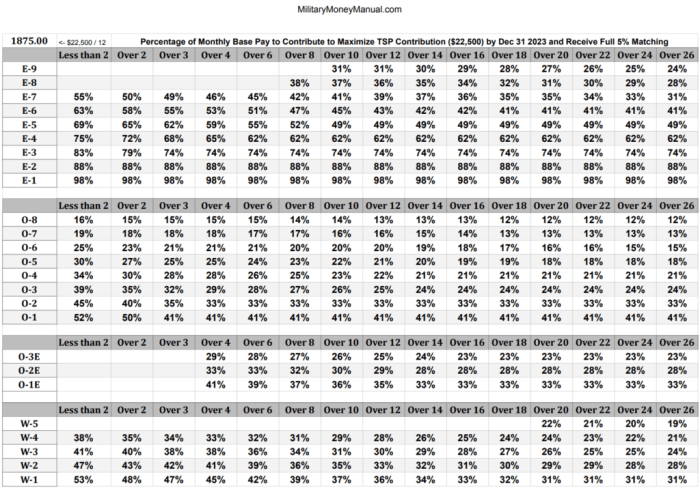Match the contribution to nursing with the associated historical period. – Match the Contribution to Nursing with the Associated Historical Period is an insightful exploration into the evolution of nursing practices throughout history. This comprehensive analysis delves into the significant contributions made by nurses during various historical periods, highlighting their impact on the development of nursing knowledge and skills.
From the ancient world to the modern era, nurses have played a pivotal role in providing care to the sick and injured, shaping healthcare systems, and advancing medical knowledge. This article provides a detailed examination of nursing practices, challenges, and advancements across different historical periods, offering a valuable understanding of the profession’s rich history.
Nursing in the Ancient World

Nursing practices in ancient civilizations were primarily focused on providing basic care to the sick and injured. Nurses, often known as healers or attendants, played a vital role in treating wounds, administering remedies, and providing emotional support to patients.
Ancient nurses drew upon knowledge and skills passed down through generations, relying on natural remedies and traditional healing techniques. They used herbs, bandages, and other materials to treat wounds, and provided comfort and assistance to the sick and elderly.
Contributions of Ancient Nurses, Match the contribution to nursing with the associated historical period.
- Developed basic nursing skills and techniques
- Established the role of nurses as caregivers
- Contributed to the development of herbal remedies and traditional healing practices
Nursing in the Middle Ages

During the Middle Ages, nursing was heavily influenced by religious orders. Nuns and monks played a significant role in providing care to the sick and injured, establishing hospitals and infirmaries to meet the growing need for medical assistance.
Nurses during this period faced numerous challenges, including limited medical knowledge, poor sanitation, and the prevalence of infectious diseases. Despite these challenges, they provided compassionate care and support to patients, often risking their own lives to help others.
Influence of Religious Orders
- Established hospitals and infirmaries
- Provided compassionate care and support
- Developed nursing practices based on religious beliefs
Nursing in the Renaissance and Reformation: Match The Contribution To Nursing With The Associated Historical Period.

The Renaissance and Reformation periods brought about significant scientific discoveries that had a profound impact on nursing care. Nurses began to adopt new medical knowledge and techniques, including the use of anatomy and physiology to better understand the human body.
During this time, women played an increasingly important role in nursing. They established nursing guilds and schools, and began to challenge traditional gender roles by pursuing education and professional development.
Impact of Scientific Discoveries
- Adoption of anatomy and physiology
- Improved understanding of the human body
- Development of new medical treatments
Nursing in the 18th and 19th Centuries
The 18th and 19th centuries witnessed the rise of modern nursing, largely due to the contributions of Florence Nightingale. Nightingale’s pioneering work during the Crimean War established the foundation for professional nursing education and practice.
During this period, nurses began to specialize in different areas of care, such as midwifery, pediatrics, and surgery. The Industrial Revolution also had a significant impact on nursing, leading to the development of new technologies and improved sanitation practices.
Contributions of Florence Nightingale
- Established the foundation for professional nursing
- Developed nursing education and training programs
- Improved sanitation and hygiene practices
Nursing in the 20th and 21st Centuries

The 20th and 21st centuries have been marked by rapid technological advancements that have revolutionized nursing care. Nurses now have access to sophisticated medical equipment, advanced diagnostic tools, and evidence-based practices to provide optimal care to patients.
In addition, the role of nurses has expanded to include health promotion, disease prevention, and patient education. Nurses play a crucial role in interdisciplinary healthcare teams, collaborating with physicians, social workers, and other professionals to provide comprehensive care.
Impact of Technological Advancements
- Sophisticated medical equipment
- Advanced diagnostic tools
- Evidence-based practices
General Inquiries
What were the primary roles of nurses in ancient civilizations?
In ancient civilizations, nurses provided basic care to the sick and injured, assisted with childbirth, and performed religious rituals related to healing.
How did the Industrial Revolution impact nursing practices?
The Industrial Revolution led to the establishment of hospitals and the professionalization of nursing, with nurses receiving formal training and education.
What was Florence Nightingale’s significant contribution to nursing?
Florence Nightingale revolutionized nursing practices by emphasizing sanitation, hygiene, and data collection, which significantly reduced mortality rates in hospitals.